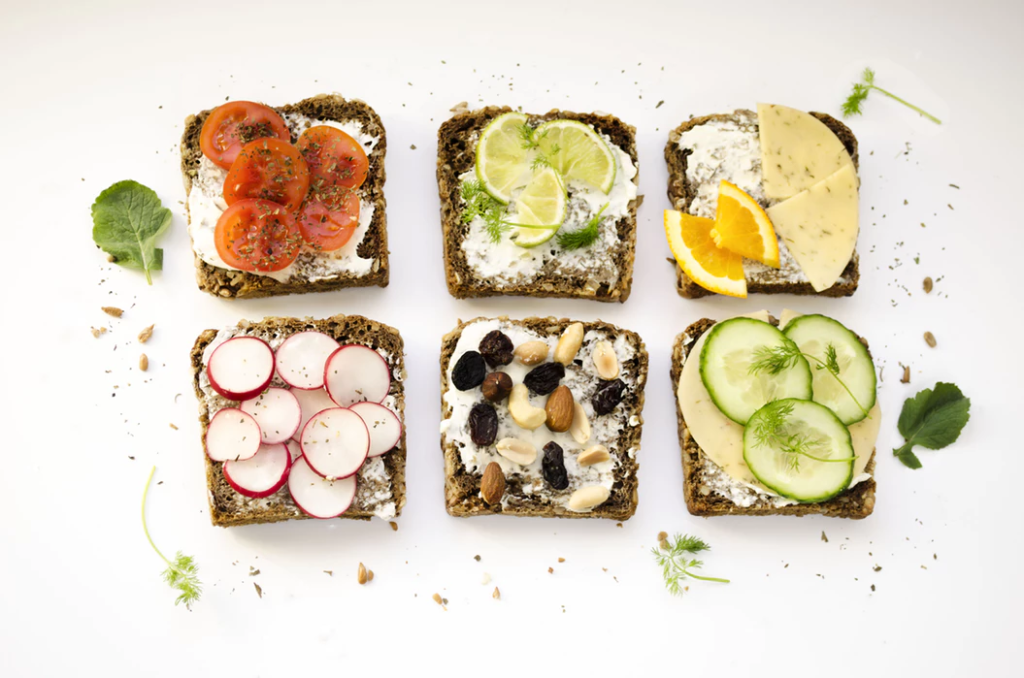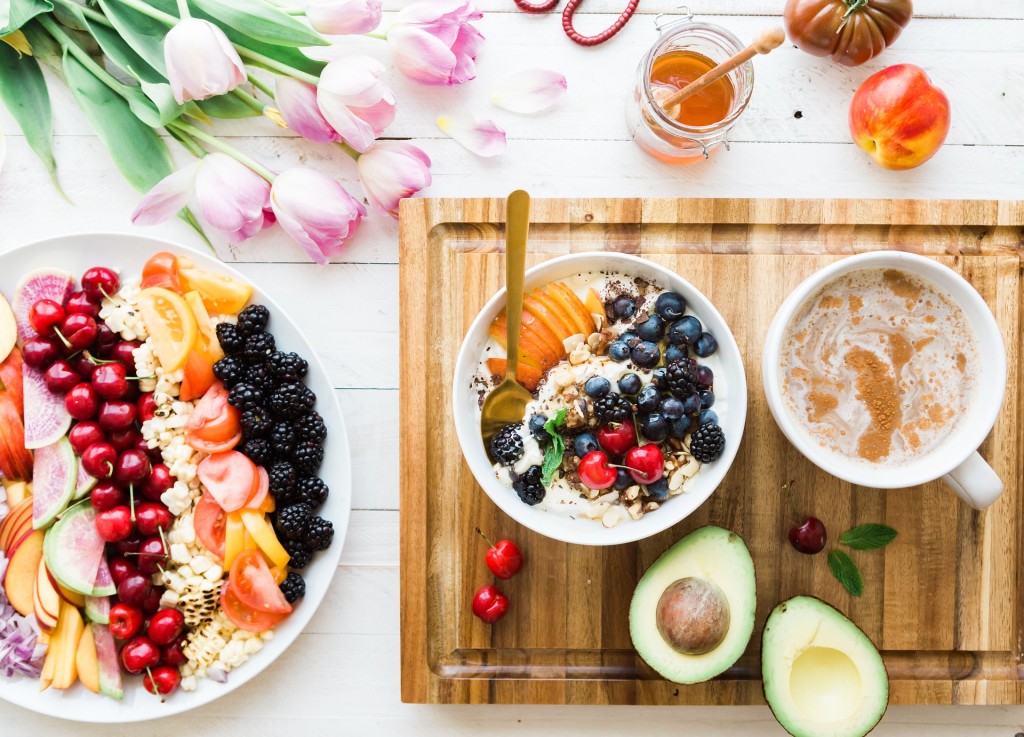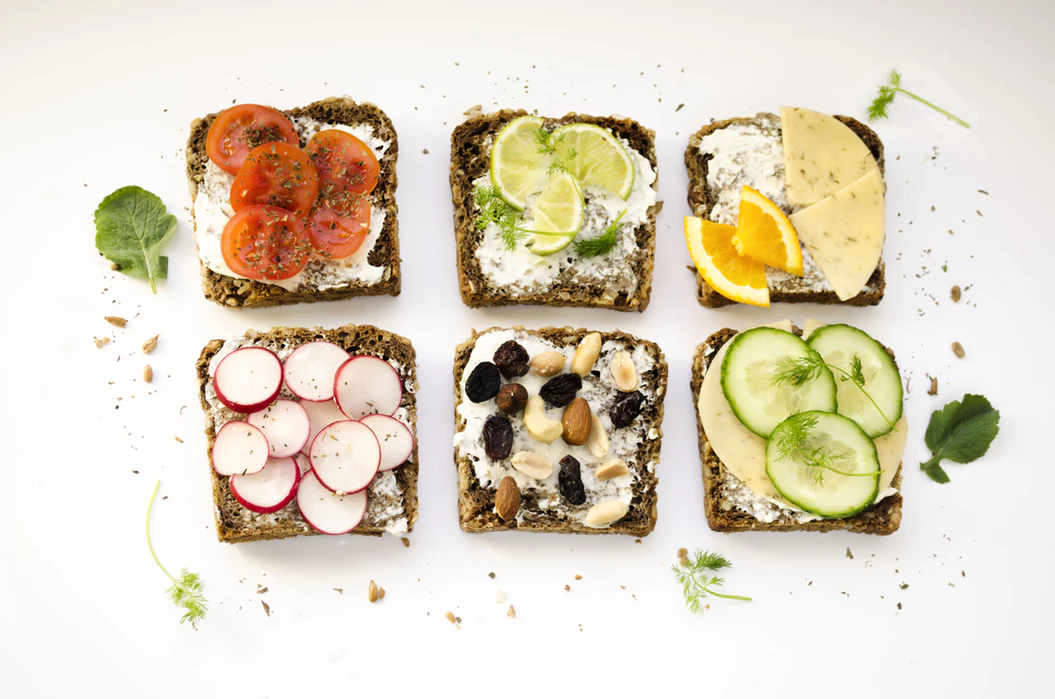
A plant based diet has many health benefits! Abstaining from meat and animal products can boost your cardiovascular health, promote beautiful skin, reduce migraines, reduce the likelihood of breast and colon cancer, and so much more. Cutting meat out of your diet is typically a healthy choice, however, there are many mistakes vegans and vegetarians make which makes their diet detrimental to their health. Whether you’ve eliminated meat from your diet or are considering a plant based diet, make sure to avoid these 7 common mistakes when embarking on a vegan or vegetarian diet.
Assuming That a Vegan or Vegetarian Diet is Healthier

Just because something is labeled as vegetarian or vegan doesn’t mean that it’s a healthier option. Frozen meals, granola bars, desserts and faux meats and cheeses are often heavily processed, packed with artificial ingredients, added sugars and riddled with high caloric counts. Vegan dietitian Megan Roosevelt, RD, LD, founder of Healthy Grocery Girl, says, “Fake meat is often loaded with artificial ingredients, preservatives, processed oils and nutritionally empty ingredients.” It’s best to choose whole foods, such as fruits, vegetables and whole grains to balance out your diet.
Replacing Meat with Cheese

For vegetarians, swapping out meat with cheese is a simple option. It can be added to sandwiches, pasta, salad, vegetables, and makes for a simple snack. While cheese is a good source of protein, vitamins and minerals, it can’t replace the nutrients found in meat. It contains more calories and less protein than meat. Don’t rely on cheese if you’re on a vegetarian diet! Focus on whole foods that are better sources of iron and protein. Try adding lentils, chickpeas, tempeh and quinoa to dishes where you would normally add cheese!
Not Drinking Enough Water

Proper hydration is important for everyone, however as a vegetarian or a vegan (who may have a diet rich in fiber), it may be of extra importance. People following a plant based diet tend to have a higher fiber intake because they eat a diet rich in veggies, whole grains and legumes. Fiber has many excellent benefits, however, it’s important to make sure to get enough water with your diet to help the fiber move through your digestive tract.
Not Eating Enough Whole Foods

There are many foods available at the supermarket that are considered vegan and vegetarian that are far from being nutritious. Supermarkets are full of meat-free foods that are often heavily processed and loaded with artificial ingredients. Instead of depending on these processed foods, use your diet as a means to indulge in nutritious, whole foods. Eliminating processed foods from your diet can be as simple as choosing whole grains, fruits and veggies, and shopping in the outer perimeters of your local supermarket!
Eating Too Many Refined Carbs

Many vegetarians rely too heavily on pasta, white rice, bread, cakes, bagels and crackers when replacing meat. Refined carbs or “empty carbs” are stripped of healthy fiber that helps to regulate your blood sugar and prevent chronic diseases. Fiber also help you stay fuller longer! Refined carbs play a major role in the development of diabetes and they promote the build up of dangerous belly fat. Ditch the refined carbs, and start including healthy whole grains like oats, brown rice, buckwheat and quinoa in your vegan or vegetarian diet!
Eating Too Few Calories

Being on a plant based diet means that there are many food groups and food options that are strictly off limits. For some vegans or vegetarians this may mean that they aren’t eating enough calories. Overall, vegetarians and vegans tend to eat far fewer calories than meat eaters! While a vegetarian or vegan may not have to count calories, it’s still important to make sure that you’re meeting your caloric needs. A lack of calories can lead to a lack of energy and the loss of proper bodily functions. A decline in calories can also lead to a slow metabolism, fatigue and nutrient deficiencies.
Not Getting Enough B12

Amanda Hostler, a dietetic intern at The University of Texas Health Science Center at Houston (UTHealth) School of Public Health says, “Vitamin B12 is important in maintaining appropriate brain functioning and blood flow throughout our bodies and is mainly found in animal products, which is why someone following a vegetarian or vegan lifestyle may develop a deficiency.” Unfortunately the main sources of B12 are found in shellfish, eggs, poultry – leading many vegetarians and vegans to become B12 deficient. If you’re following a plant based diet, make sure to have fortified foods such as nutritional yeast and soy milk. If you’re a pescatarian or you allow dairy and eggs in your diet, eat plenty of eggs and shellfish.

